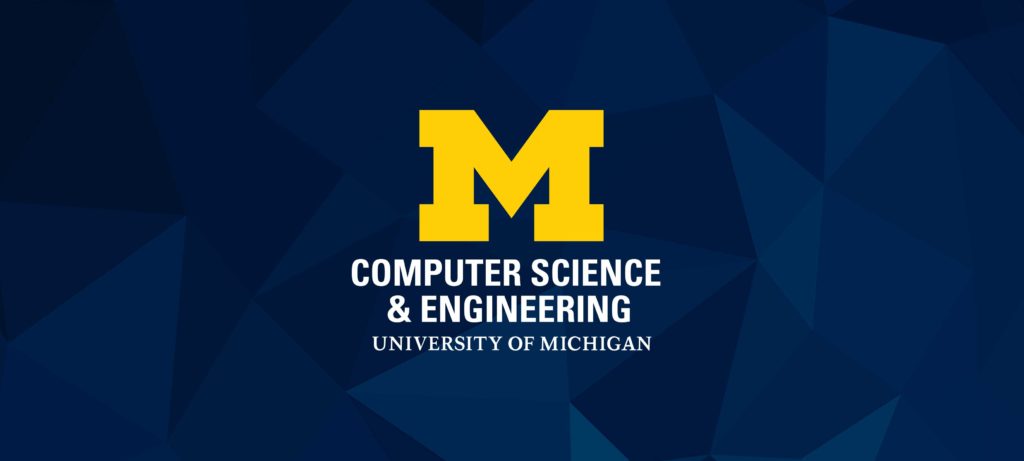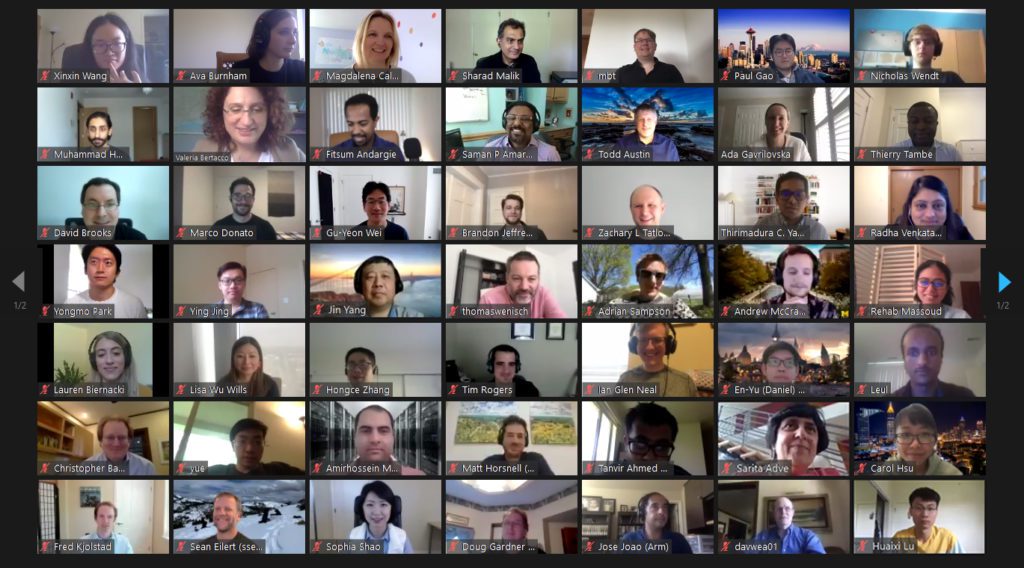AI growth is capped by data transfer rates between computing chips, but transferring data with light could remove the ceiling.


AI growth is capped by data transfer rates between computing chips, but transferring data with light could remove the ceiling.
The latest DoD funding announcements bolster Michigan Engineering’s efforts to support revitalization of the U.S. semiconductor sector.
While hunger for an artificial intelligence that can think like a human remains unsated, AI continues to appear in our lives in smaller ways.
The post Focused ambitions appeared first on Michigan Engineering News.

His work in the area of real-time computing has spanned decades and has had impact in a broad range of applications.

The award recognizes Prof. Wenisch’s contributions to memory persistency and energy-efficient systems.

Recent breakthrough developments in technologies for real-time genome sequencing, analysis, and diagnosis are poised to deliver a new standard of personalized care.

The approaches to energy adaptation he proposed are now commonplace, and the applications he analyzed (web browsers, voice recognition, video players, and maps) are still ubiquitous.

The symposium highlighted new developments in computer architecture, and included a session on how the center’s research can contribute to limiting the impact of pandemics.
DARPA’s initiative to reinvigorate the microelectronics industry draws deeply on Michigan Engineering expertise.
The post Beyond Moore’s law: $16.7M for advanced computing projects appeared first on Michigan Engineering News.

U-M team will serve as model for nimble and innovative system-on-chip design.